How to criticize authority? The importance of critical thinking from the perspective of Macau’s “epidemic policy”? |Contribution #09
Author: Master Andrew
In December 2020, the "Macao Youth Policy (2021-2030)" published by the government replaced "critical thinking" with "critical thinking" in the education section, which caused controversy. Secretary for Social Affairs and Culture Ouyang Yu, who has no background in philosophy or humanities, responded that this change was made in the hope that young people "should not criticize for the sake of criticism."
Later, "Lunji Media" published a long article sharing some educators' responses to Ouyang Yu's remarks , but no one discussed the original meaning of "criticism" from a philosophical perspective, thus inferring the reasons behind the Macau government's opposition to "criticism."
However, the recent criticism of the "virus coexistence faction" against the "clearance faction" in Macau society has demonstrated the function of critical thinking and also exposed the "inconvenience" caused by "criticism" to the Macau government.
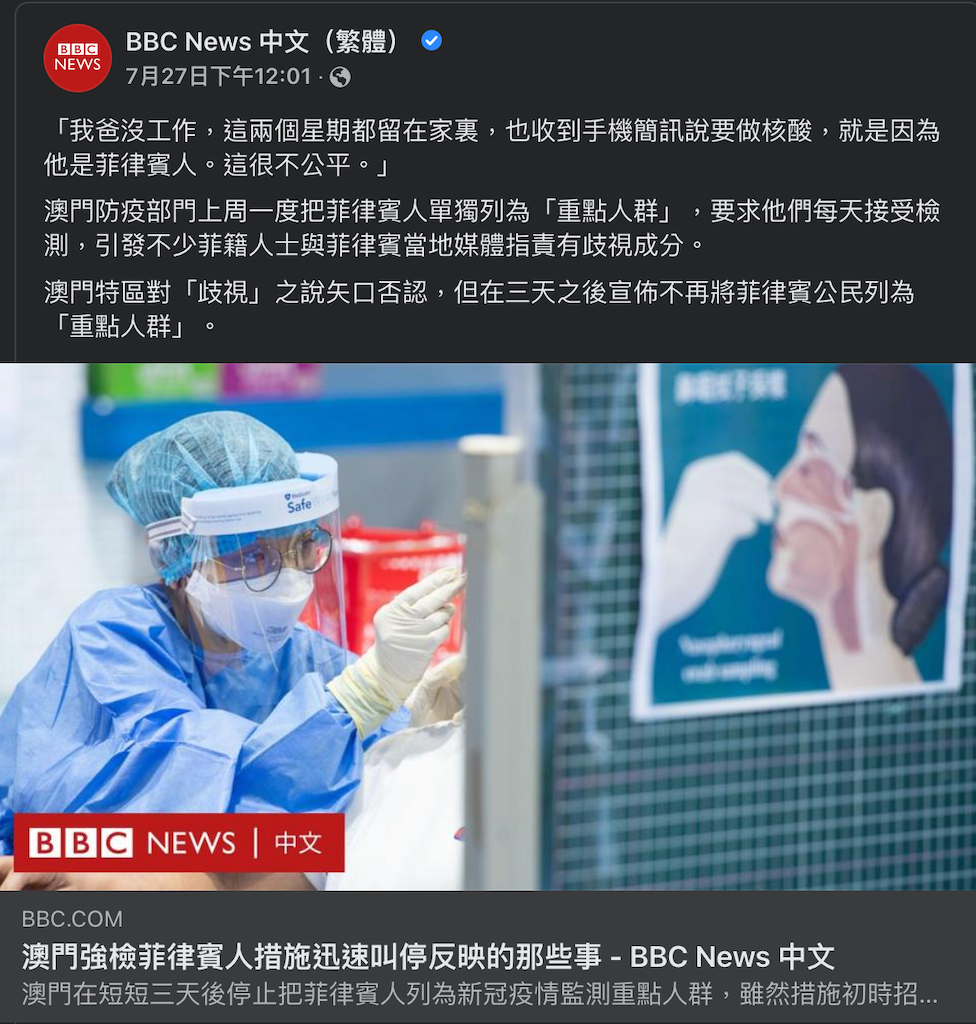
From late June to July 2022, Macau went through unprecedented "epidemic policy" measures: Just as various parts of the world were successively implementing "coexisting with the virus" policies based on scientific considerations to restart economic activities and resume international exchanges against Covid-19, Macau The government actually went against the grain and implemented a strict "quiet state" due to the introduction of a variant virus with extremely low severity and mortality rates, and conducted nucleic acid testing for all citizens every other day. Under the ban at that time, going out for exercise, smoking or even letting the dog out became a non-committal order. The criminal offense finally listed Filipinos as a "key population" on July 22, forcing them to undergo daily testing, which aroused strong criticism from society and forced the government to cancel this suspected racial discrimination measure on the 24th.
However, at the same time, no matter how absurd the epidemic measures are, there are always a group of enthusiastic citizens online who leave messages of support (including messages on the "Macau Study No. 16" page) or forward "epidemic prevention messages" in groups, even if they are unable to refute the coexistence camp. critical remarks. This example reflects the most important and basic function of critical thinking: questioning all authority rationally based on a specific value position. People who lack critical skills naturally lose the ability to question authority rationally.
Conceptual History of "Criticism"
Criticism is translated from English critical, originally from the Greek κρίτικός (kritikos), which means the intellectual ability and means of judging, judging and distinguishing things. It can be traced back to Socrates' "Socratic questioning", which constantly uses questioning methods. Do not question all existing beliefs.
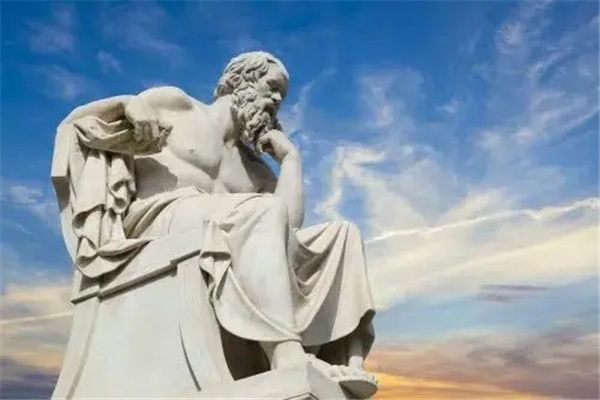
Entering modern Western philosophy, Descartes further expanded criticism into method doubt: doubting the existence of all things, and ultimately discovered that only the existence of the self cannot be doubted (I think, therefore I am). But Descartes's description is not accurate because when he doubted, he already assumed that the rational thinking method used in method doubt was credible. It was not until Kant wrote the "Critique of Pure Reason" in 1781 that he explicitly criticized rationality and discovered the limitations of rationality. Therefore Kant is also regarded as the distant ancestor of critical theory.
Another founder of critical theory is Marx, but the "criticism" that Marx refers to mostly refers to political "ideology criticism," which does not seem to be very similar to traditional philosophy, making people doubt the difference between philosophy and critical theory. If we exclude Marx, from Socrates to Kant, it seems that criticism is equivalent to rational questioning of authority . But why do critics question it? This has to mention Habermas.
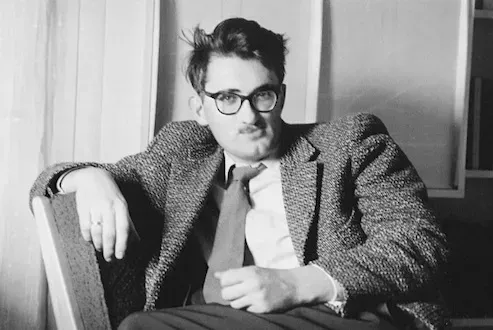
Entering contemporary philosophy, Habermas of the Frankfurt School proposed a trichotomy, dividing theories into three categories: (practical) philosophy, criticism, and science. Science is empirical (positive) and can determine whether it is true or false. Philosophy, on the other hand, makes "normative" or teleological judgments and proposes what people "should do." Critical theory is somewhere in between.
As explained by Lao Siguang: "Critical theory has both the characteristics of purpose and fakeness... It has some purely scientific judgments and some practical philosophical purposes." (Note 1) For example, Marxism The requirement to overthrow capitalism and establish a socialist system is itself "purposeful"; but its analysis of the historical evolution of society and economy is also "empirical". Therefore , criticism is not simply questioning authority rationally, but questioning authority based on normative purposes (such as moral values), and will not "oppose for the sake of opposition."
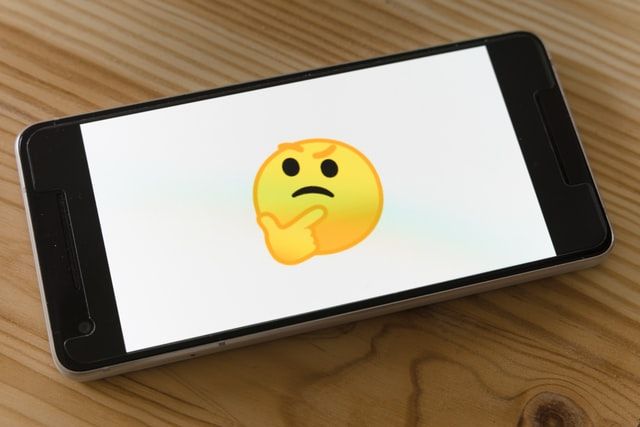
There is no word "criticism" in Chinese philosophy, but Mohist's "discrimination" already implies the meaning of Western criticism. Mozi said:
"It is necessary to set up rituals, but to speak without rituals is like setting up day and night on top of a fortune-telling gun. It is impossible to distinguish between right and wrong, benefit and harm, and it cannot be understood clearly. Therefore, there must be three expressions. ⋯⋯There is the foundation, there is the original, What is the purpose of this? What is the purpose of observing the facts of the ancient saints? What is the use of it? "This so-called speech has three expressions" ("Mozi. Fei Ming 1").
The "Three Tables Method" can be regarded as the Mohist critical theory. Its normative purpose is to judge right and wrong, so "debate" is a means of moral practice.
Contemporary critical thinking education was proposed by Edward Maynard Glaser in 1941. He defined critical thinking as: "1. The tendency to think about issues and solve problems in a cautious manner. 2. Have an understanding of the methods of rational exploration and logical reasoning. 3. Apply the above methods skillfully.” (Note 2) Its definition of critical thinking still remains at the traditional definition of “questioning authority”, which focuses on logical thinking and does not include Habermas’s statement of “purposeful norms”. .
However, in the actual operation of university general education, critical thinking and moral education still run in parallel: in addition to learning logic, first-year college students must also learn moral values in order to be truly critical . Similar course designs are very common in British and American universities (such as the general education courses of the Chinese University of Hong Kong). However, as "the only public comprehensive university in Macau", the general education courses of the University of Macau are a bit weird. Only GESB1002 "Moral Values" "Foundations of Moral Values" is a compulsory subject for first-year students, but PHIL1002 is not a general subjects but a philosophy elective (this subject will not be offered in the second semester of 2021-22!). This also reflects, to a certain extent, the Macau official’s attitude towards critical thinking.
Examples of questioning Macau’s epidemic policy through critical thinking
Since critical thinking has now become a compulsory general course in most universities, and most readers are not majoring in philosophy, its content is simpler than Introduction to Logic. For example, there is less content on natural deduction, and its focus is often on informal logical fallacies ( informal fallacy) . Informal logical fallacies refer to an inference that conforms to the form of the argument, but makes errors other than the form (usually due to errors in content), thus forming a fallacy. Because informal logical fallacies are easy to apply, they have become a common critical thinking tool; this time social opposition Macau’s anti-epidemic policy of imposing a racial discrimination policy on all Filipinos is an example of using critical thinking to expose informal logical fallacies.

On July 22, 2022, Filipinos were listed as a "key population" and they were forced to undergo daily testing. Health Bureau Director Luo Yilong claimed that the reason for the measure was that "Filipinos have the largest number of infections among many groups, accounting for 10% of the approximately 1,800 confirmed cases", "the Filipino community has more clusters" and "the Filipino community's infections "The rate is as high as 24%", which is in no way discriminatory. Even the Philippine consul turned to support the Macau government's ridiculous measures.
Regarding this news, I first made fun of it in the church group, saying that everyone should "submit to those in authority." Unexpectedly, many members of the "clearing faction" (including a teacher) got angry and scolded me for "destroying unity." ”, and said that the infection rate among Filipinos is very high and that there is no problem with the policy. Later I discovered that such ignorant voices are not a minority on the Internet. So I decided not to use "curved irony" but "straight line rebuke". On July 23, I wrote a Chinese-English article titled "The Base Rate Fallacy Committed by the Macau Government's Racial Discrimination Detection Plan" (Base Rate Fallacy Committed by the Racist NAT measures of the Macao Government), pointed out that under the premise that the population bases of Filipinos and Chinese are extremely different, it is meaningless to compare the infection rates of the two sides, and directly denounced the government and the zero-clearance camp for committing the basic rate fallacy. The article was Filipino friends forwarded it in the group. At the same time, Macau lawyer Paulo Carochas also denounced the Macau government's measures as racial discrimination . As a result, on July 24, the government finally lifted this discriminatory measure.
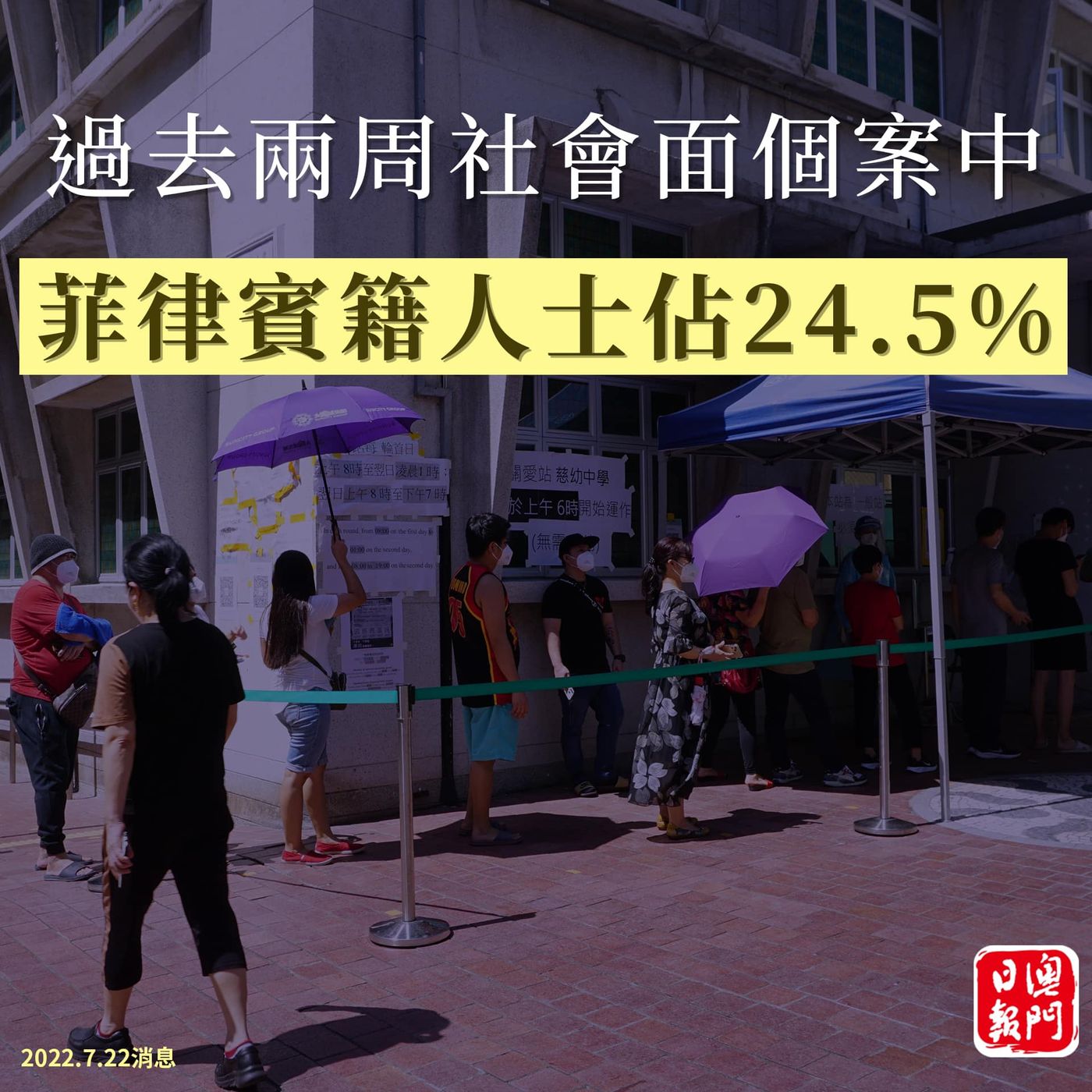
In this example of the application of critical thinking to public opinion, it is not difficult to find one thing: the application of critical thinking has both an empirical and a normative side. Opponents not only morally conclude that "racial discrimination" is evil, but also logically point out that the government's rationale is absurd . If it were purely based on logical thinking, people would just regard the fallacy of the government Luo Yilong as a joke after dinner, and even make excuses for the government to show their sophistry.
On the contrary, if a person who lacks logical ability still has a moral consciousness and sees something anti-moral (such as racial discrimination), he will still express his moral criticism even if he does not know how to express his views logically. In this case, criticism is not a simple conceptual game, but a person with value judgment who questions authority rationally .
Therefore, it is not difficult for us to deduce why the government has disliked "critical thinking" in recent years and has replaced it with "critical thinking." If we assume that government officials are not without virtue or talent, we have reason to wonder whether the government is afraid that too many people in society will rationally question authority based on normative values, thereby damaging the prestige of rule.
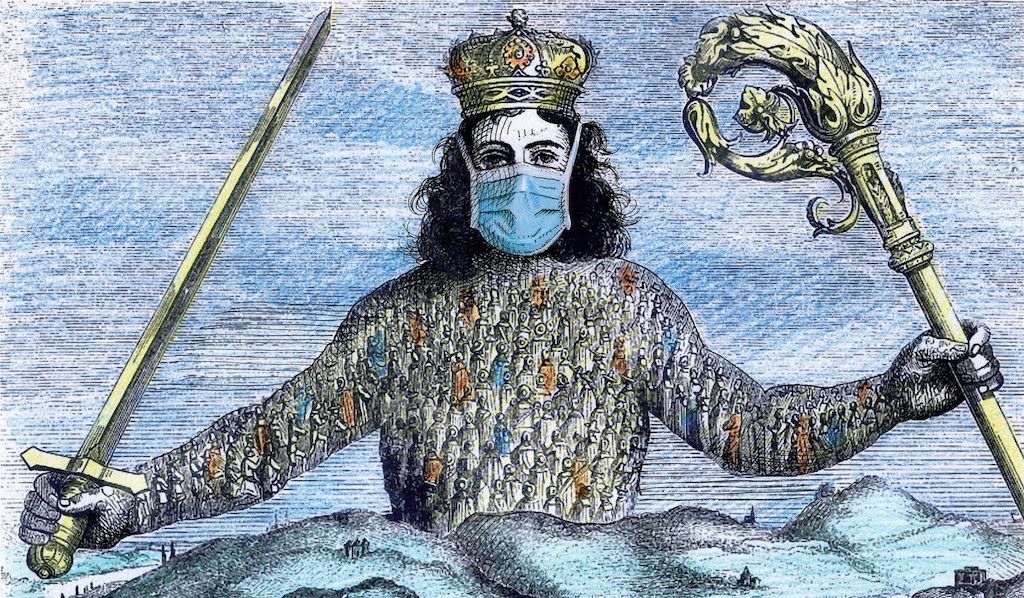
Democratic government is not based on authority, so there is no need to fear critical thinking. But the "Leviathan" -style authoritarian government is based on authority and therefore fears critical thinking. If the people do not think critically, no matter how absurd a government's claims are (such as claiming that eating the emperor's feces can cure all diseases, killing patients to prevent infection, etc.), the people will not question whether the measures are reasonable and moral. In this way, the government can carry out unreasonable or immoral tyranny without any resistance.
In the case of "anti-epidemic policies", in addition to seeing how those who oppose the government demonstrate critical thinking, we are also shocked to see that those who support the government completely lack critical thinking. Faced with the most absurd policies, they will still strongly support and even make excuses, even if they They are also ordinary people who have been deeply harmed by the epidemic.
To explain the mentality of this supporter, you can refer to my article "The mediocre and evil people of Macau: Macau is different!" 〉 , I won’t repeat it here; but based on the above discussion, we can easily find that this group of supporters who lack critical thinking does not necessarily lack logical ability, but more likely lacks moral awareness .
Those who are moral without logic still have the ability to judge good and evil. But those who are logical but not moral will still behave in an abusive manner and blindly obey authority even if they know right from wrong. If this kind of people make up the majority of a local society, then I suggest you seriously consider immigration.
annotation
Note 1: Lao Siguang, "Lectures on Cultural Philosophy" (Hong Kong: The Chinese University of Hong Kong, 2002), page 41.
Note 2: Edward M. Glaser, An Experiment in the Development of Critical Thinking , Teachers College, Columbia University, 1941. The Chinese translation is quoted from "Critical Thinking", "Wikipedia", May 29, 2022. Taken from https://zh.wikipedia.org/wiki/critical thinking on July 27, 2022
#Number of articles: 1️⃣2️⃣7️⃣
👉Macau Learn Universe 16
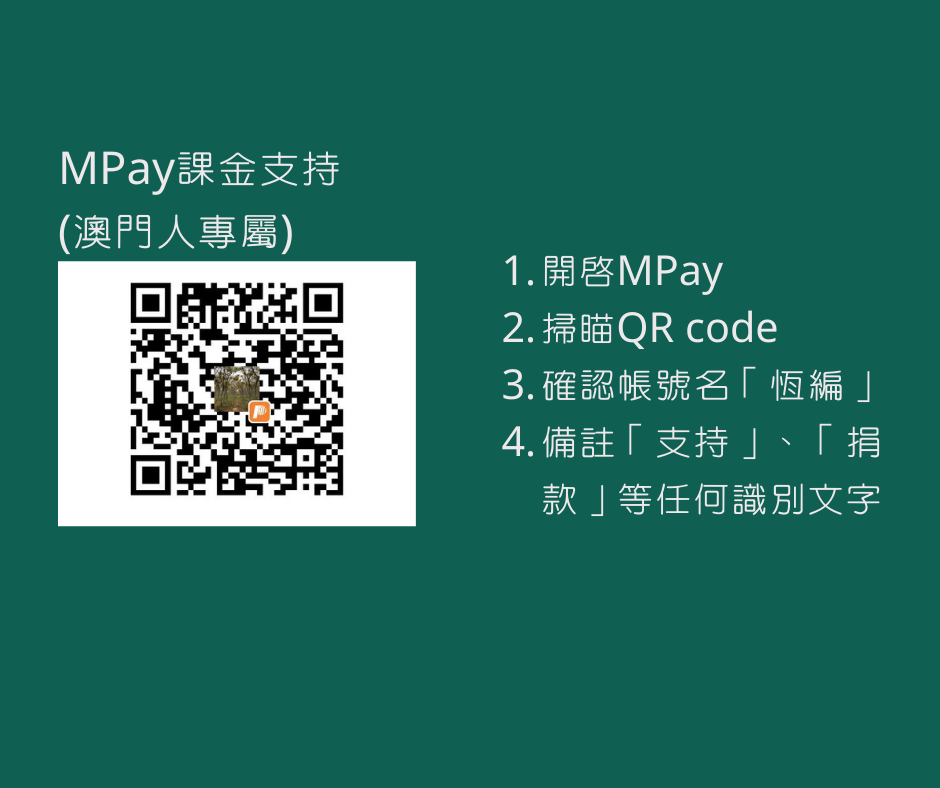
Like my work? Don't forget to support and clap, let me know that you are with me on the road of creation. Keep this enthusiasm together!



